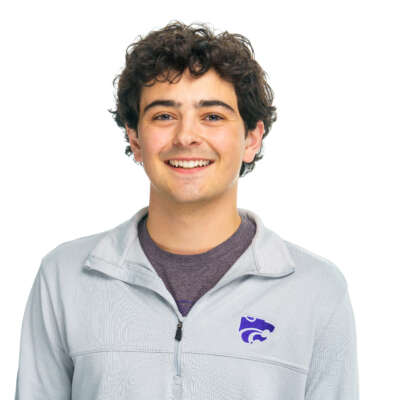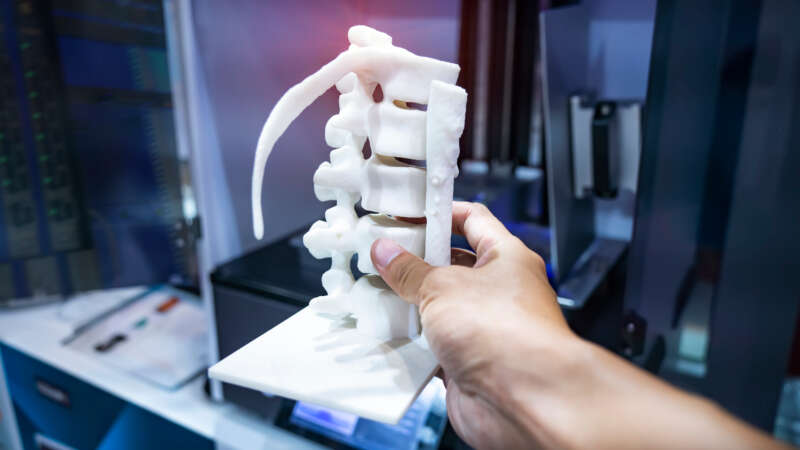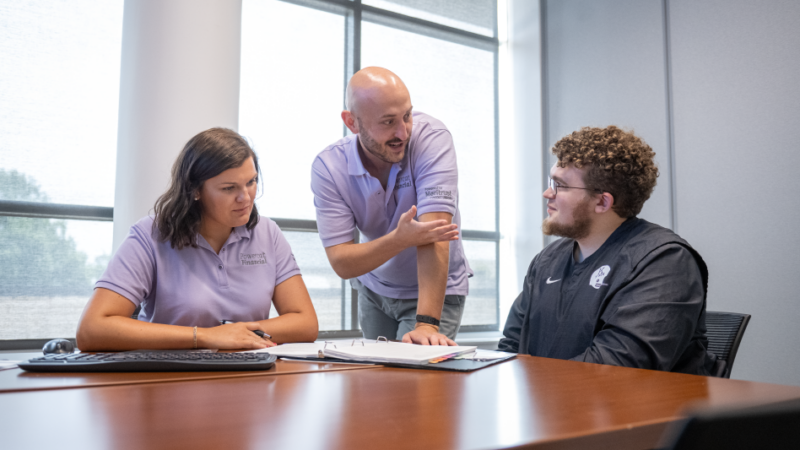In support of opportunities for student success, the Halliburton Foundation provided grants to the College of Engineering, contributing toward the Academic Success Center and the Women in Engineering program.
With a goal to create more educational opportunities, the Halliburton Foundation — known for supporting education at all levels — made a donation to K-State’s College of Engineering. The grants are in support of the Academic Success Center and the Women in Engineering program.
“Our goal in funding programs at esteemed schools like Kansas State University and its College of Engineering is to support a competitive environment for students, where they have positive interactions with fellow students and faculty, help build critical skills and receive support needed to stay in and succeed in engineering,” said Melissa Calhoun, senior director of talent management at Halliburton.
The Academic Success Center and Women in Engineering program encourage students to become active, informed and connected engineers. Funds provided by the Halliburton Foundation will be utilized for program enhancement, creating exceptional engineers and increasing graduation rates. Bette Grauer, assistant dean for retention, diversity and inclusion in the College of Engineering, foresees that these funds will impact the college with improved retention and increased enrollment.
“The Academic Success Center provides workshops, course work, peer mentoring and supports the general engineering program for first year students to develop successful academic skills,” Grauer said. “The Women in Engineering program provides engagement and professional development and benefits students by supporting academic achievement and experiential learning outside the classroom. This program has demonstrated a direct impact on students’ progress toward achieving their engineering degree.”
Halliburton’s gifts allow the college to continue working with students on personal and professional levels, such as teaching essential work force skills, including real-world problem solving and decision making.
“We’ve seen firsthand how investing in our future workforce through grants makes it possible to reach a large pool of potential STEM (science, technology, engineering and math) graduates early in their college career and provide a long-term impact by supporting business-critical areas,” Calhoun said.
Grauer said the Academic Success Center and Women in Engineering program promote and develop student resiliency and critical thinking through resources such as seminars and professional development workshops. These resources better equip students for the professional world.
“We hope the funds we contributed to the Women in Engineering program and Academic Success Center make the possibility of a STEM education a reality for a broad range of students including underrepresented minorities, women and first-generation college students,” Calhoun said.






